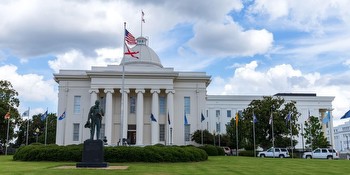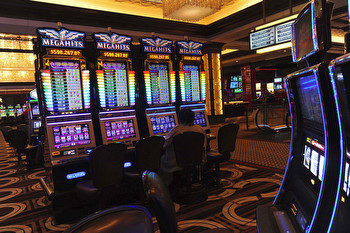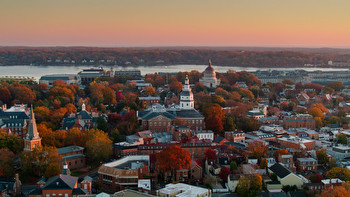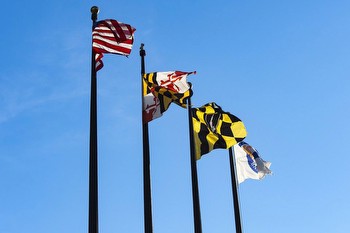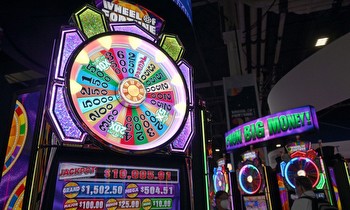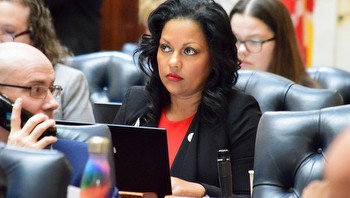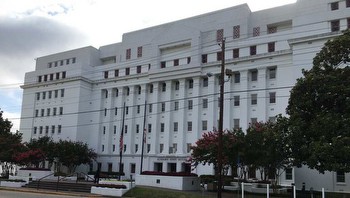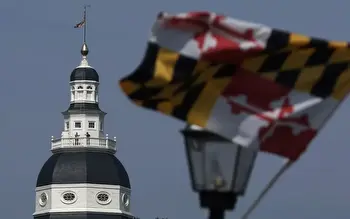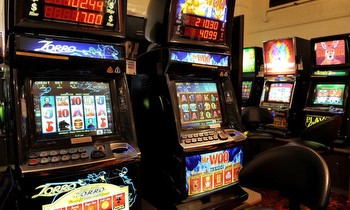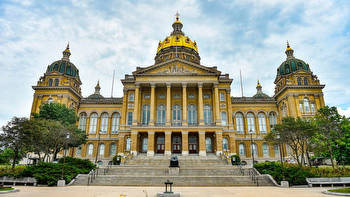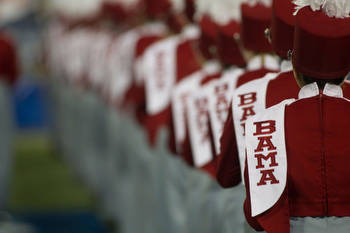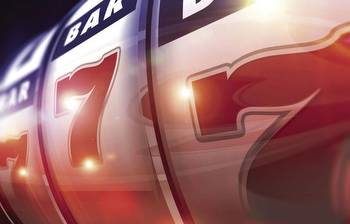House Passes Amended Maryland Online Casino Legislation

Online casino bill, HB 1319, authored by Maryland Rep. Vanessa Atterbeary, has officially passed the House of Representatives and is on its way to the Senate for approval.
Non-unanimous vote:
On March 16, the House voted 92-43 in favor of passing Maryland online casino bill. For the adoption of the constitutional amendment three-fifths of the votes were needed.
The legislation officially passed just 2 days prior to the transition deadline for the legislation to move out of its initial chamber. Speaking of which, Del. Nino Mangione commented: “Since we’re going to be here on a Saturday, we might as well talk about something fun like gambling.”
Now, it’s up to the Senate to decide whether to pass the legislation or not. However, the deadline for this is April 8, which is the date when the general assembly is scheduled to adjourn. Additionally, if the legislation passes, the final decision regarding the official legalization of online casino gaming will await Maryland voters in November 2024.
On a related note, a $1.3bln budget plan that depends on tax income from legalized internet gambling to finance future transportation and education expenses was unveiled by the leaders of the House on March 15.
Problems:
Furthermore, there are many opinions suggesting that Maryland has a strong chance of passing online casino legislation during this ongoing year. In addition to said state, Maine is the only other state that is still considering legalizing online casino gaming. With the legislative season officially underway, a few states, including New York and Illinois, were anticipated to officially legalize.
However, issues have arisen in the past and even now when it comes to passing legislation that involves online gaming. The problems are mainly the lack of education of stakeholders and lawmakers when it comes to the exact meaning of “online gambling” and the belief that regional players think they won’t see the benefits.
Although it was officially adopted in the House, the legislation underwent a plethora of amendments. In this sense, the industry will view several of them as negative, which further means that it will try to lobby against the amendments as the legislation moves through the Senate.
Three levels of licensing:
Before the bill reached 3rd reading on March 16, Atterbeary officially added a change that would raise the total number of licenses available. The change also prohibited the utilization of credit cards to finance accounts and officially added instructions on inclusion, equity and diversity.
When it comes to electronic games, the legislation provides for a 55% minimum tax rate. In addition, tax rates in 7 jurisdictions span from 18% to 57%. As for live dealer games, the tax rate for these would be 20%.
For a 5-year license, operators would have to pay a starting fee of $1m, while the renewal of that license would be equal to 1% of the average yearly income for the previous 3 years.
Income from the tax would be set aside for the Blueprint for Maryland’s Future. Additionally, this involves directing some cash to counties that have women-owned, minority, and small businesses, in addition to horse racetracks and brick-and-mortar casinos. Also, 1% of the taxes generated would be sent to programs for responsible and problem gambling.
Furthermore, the legislation establishes 3 levels of licensing, with “social equity” allies playing a crucial role in the structure. As for “social equity applicant partners” specifically, they represent individuals or groups of individuals who currently live or have lived in an “economically disadvantaged area” for a minimum of 5 of the last ten years.
Also, these people need to attend or have formerly attended a public school in an underprivileged region for a minimum of 5 years. Another requirement is that they must have finished a minimum of 2 years at a 4-year college in Maryland, where at least 40% of the students have a personal net worth below a standard to be determined by the lottery commission, which will be the regulator or have been eligible for Pell Grants.
Requirements for applying for a license:
The 6 existing casinos in the state may submit an application for online gambling licenses, but need to be owned by a minimum of 5%, indirectly or directly as specified in the legislation, by the aforementioned social equity ally. Then there are cases where a casino may receive a 2nd and 3rd license if the social equity ally owns a minimum of 33% of the casino, according to the source.
Besides Urban One, a Black-owned media firm, 7 “Class B” licenses are available for 2 bingo halls already licensed for online sports wagering, as well as for 4 OTBs.
Ultimately, through a competitive bidding process, a minimum of 5 and a maximum of eighteen stand-alone online gambling licenses would be officially available. In addition, in the 1st round of bidding, the social equity applicant will bid.
In 2020, when lawmakers officially legalized online sports wagering, regulators implemented the strictest instructions for minority participation in the US. The reason why the regulatory process was slow is this. It took 2 years for the operators to meet the standards and for the lottery to enact the rules. All of this has made Maryland 1 of the slowest states in the US to transition from legal to live online.
Besides Maryland, just Puerto Rico and Arkansas took longer, as the average regulator takes a minimum of 6 months to bring a fresh market online.
5 extra amendments:
On March 16, 5 extra amendments were provided, but just 1 was enacted. Those that failed were, according to PlayUSA:
- Del. Brian Chisholm proposed restricting bets to $5 and an overall of $100 over a period of more than 24 hours. However, it was dismissed by a vote of 34-93
- Del. Nicholaus Kipke wanted 2-factor identification to be required when setting up an account. It was also dismissed by a 37-91 vote
- Del. Kathy Szeliga proposed that users physically verify their identity when setting up an online casino account. The proposal was dismissed by a 35-95 vote
- Del. Ryan Nawrocki asked that deposits for internet gaming also be made physically. That was also dismissed by a 35-95 vote
No matter what the online casino legislation includes or brings in terms of benefits, some stay opposed to it. On that note, last week, Republican lawmakers and casino-worker labor unions gathered to oppose it due to fear of job losses, according to WJZ News.








